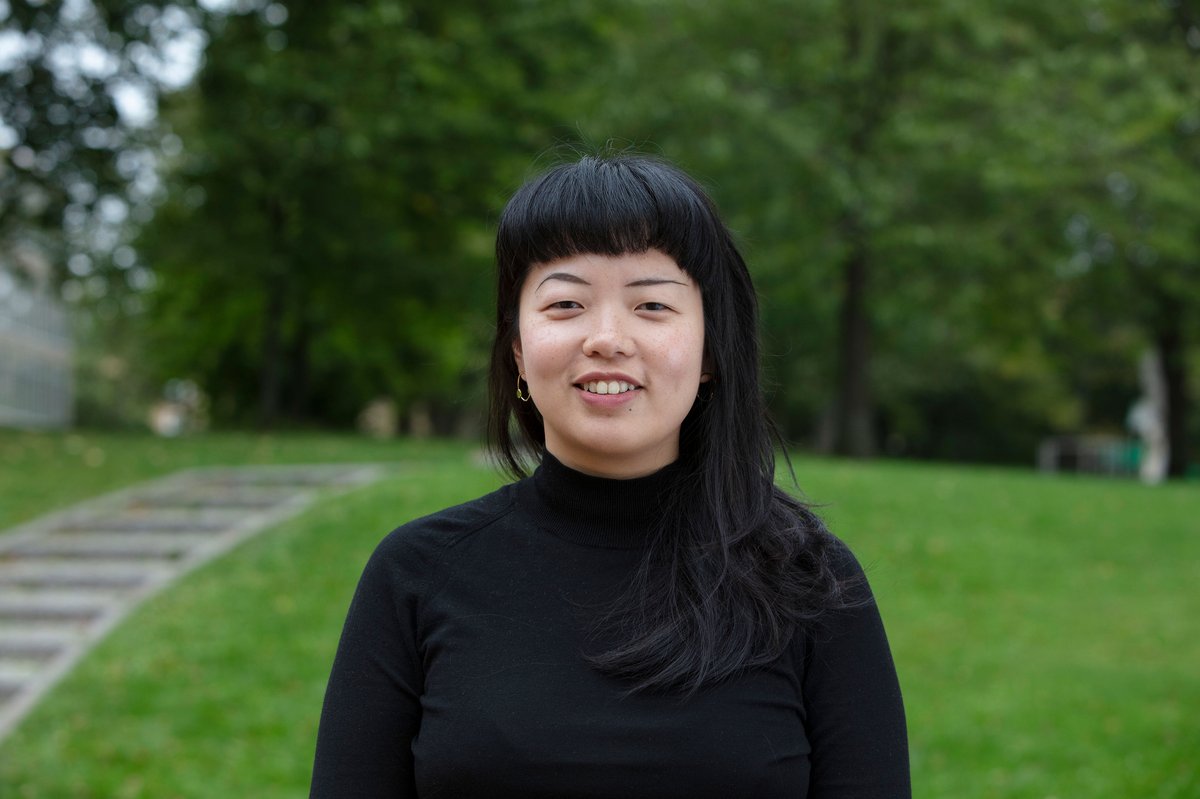
What’s so civil about civil society? Enlightenment philosophers agreed that civility was most easily achieved when efforts to that end—the institution of various apparatuses (laws, systems of belief, money) and norms (politeness, sympathy, tolerance)—capitalised on mankind’s natural traits. Yet thinkers of as diverse political leanings as Rousseau, Hume, and Schiller consistently appraised ‘artifice’ and ‘the artificial’ as indispensable to collective human life. This central paradox of Enlightenment theories of civil society remains under-explored. Offering the first account of how eighteenth-century thinkers across Europe debated how myriad social and political artifices keep society civil, this project sheds new light on a central intellectual problem in European history, whilst speaking to contemporary aversions towards the artificial, and resonating with attempts to rethink the place of truth and artificiality, as well as what it means to be civil, in the modern political world.
Project title:
The Art and Artifice of Civil Society in Enlightenment Thought
Area of research:
Intellectual history
Fellowship period:
1 Oct 2021 - 30 Sep 2024
Fellowship type:
AIAS-COFUND II Marie Skłodowska-Curie fellow

This fellowship has received funding from the European Union’s Horizon 2020 research and innovation programme under the Marie Skłodowska-Curie grant agreement No 754513 and The Aarhus University Research Foundation.
